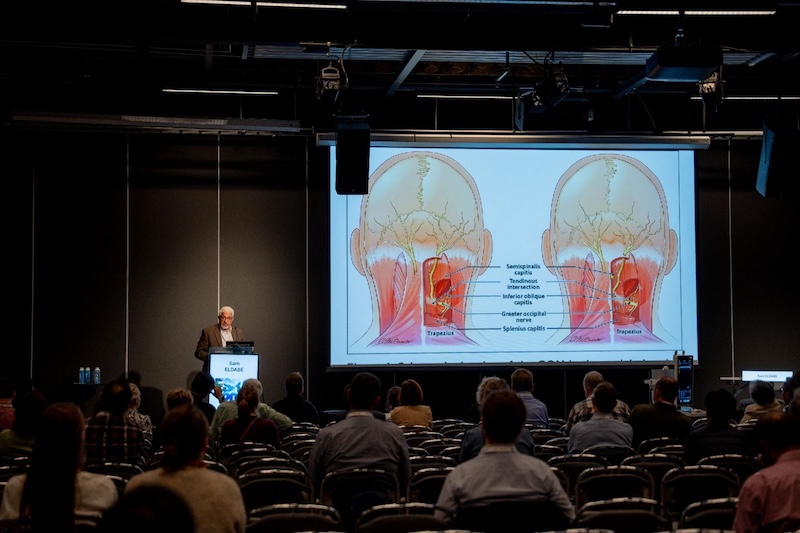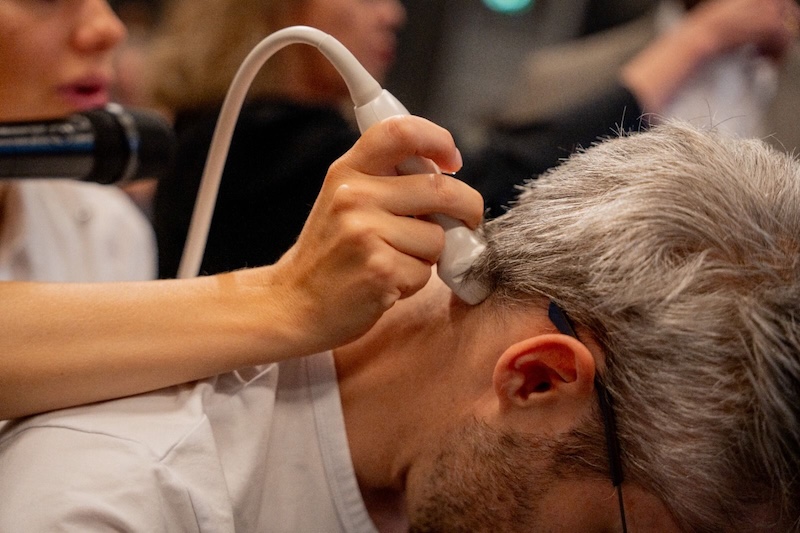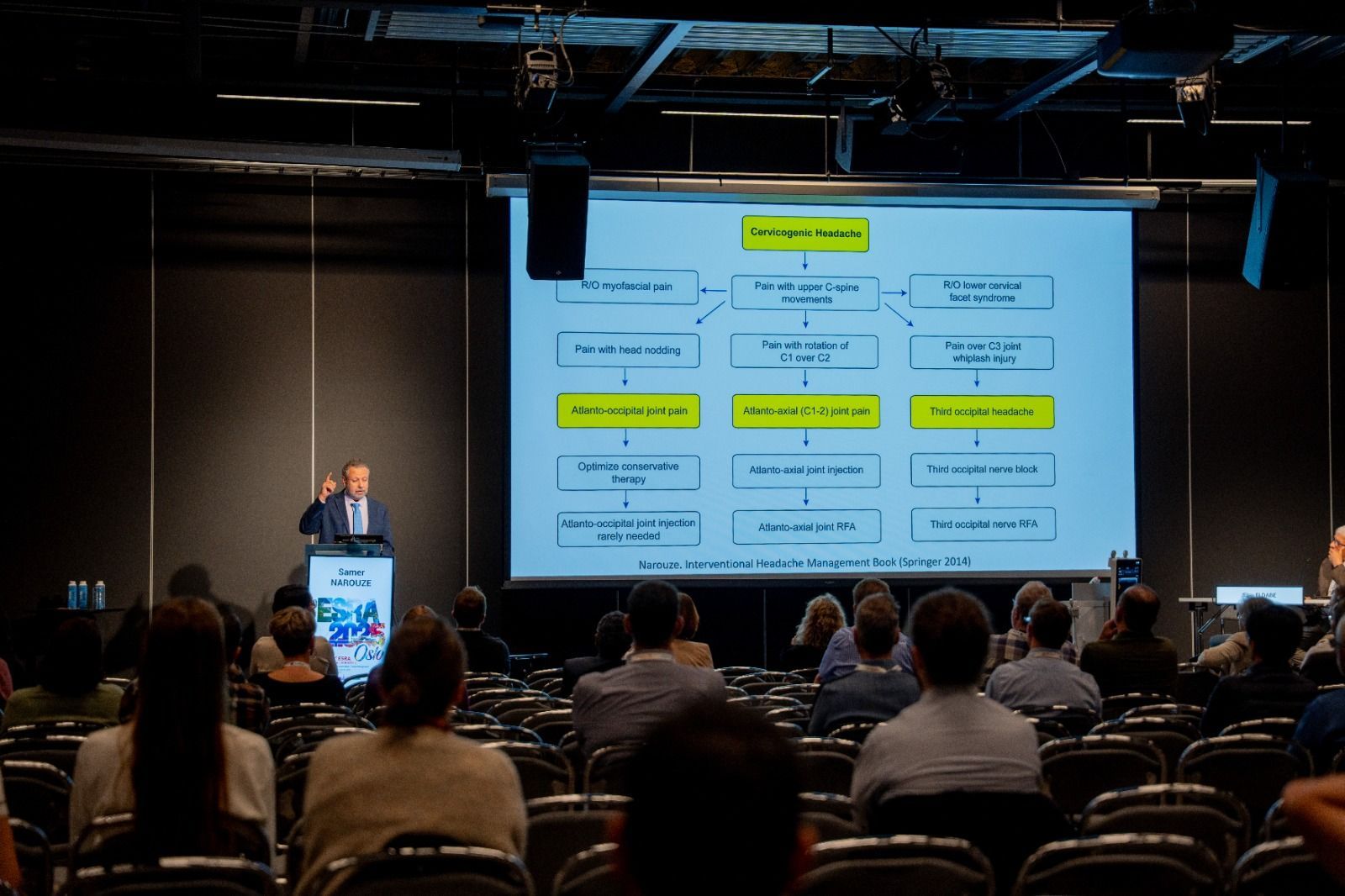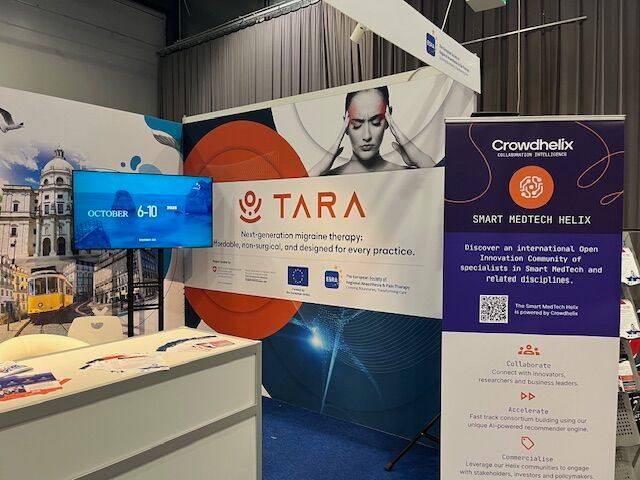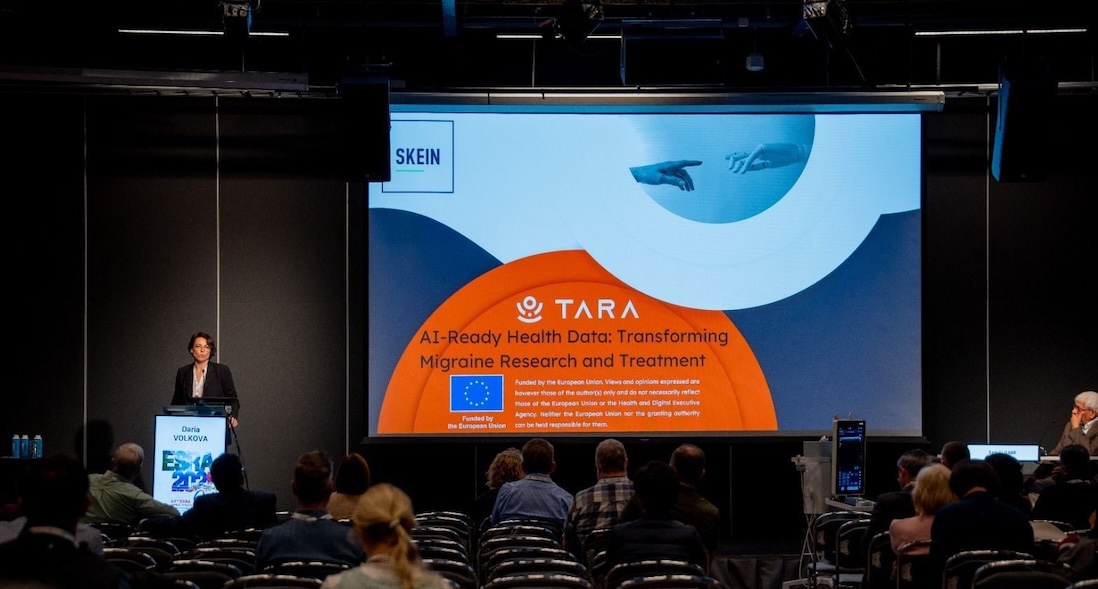
Last week, OPORA Health joined the 42nd Annual Congress of the European Society of Regional Anaesthesia & Pain Therapy (ESRA), a leading gathering for innovators in pain therapy, neuromodulation, and clinical research.
While much of the conversation centred on emerging therapies such as occipital nerve stimulation and cervical facet interventions, OPORA Health’s role was to highlight something often overlooked: the infrastructure that makes research possible. Without high-quality, ethically collected, and AI-ready health data, progress in migraine and pain research cannot scale.
At the TARA booth, our team engaged with specialists who shared a recurring challenge. Clinical data is fragmented, inconsistent, and not designed for advanced analytics. OPORA Health addresses this directly by providing a secure, regulation-compliant foundation that enables researchers to move from isolated studies to longitudinal, multi-site insights.
A highlight of the week was a dedicated session chaired by Sam ElDabe, where Daria Volkova gave a live demonstration of the OPORA Migraine App. The showcase illustrated how OPORA Health supports real-time data capture, integrates with clinical workflows, and prepares information for AI-driven analysis. The discussion in the room proved that infrastructure, often invisible, becomes a catalyst when linked directly to patient outcomes.
The response confirmed what we at OPORA Health believe deeply: trusted data infrastructure is not a back-office concern; it is a frontline enabler of medical progress. From migraine research to broader applications in neurology and mental health, OPORA Health is building the systems that allow science to move faster while upholding the highest ethical and regulatory standards.
We are grateful to our partners in the TARA EU Project and to the European Society of Regional Anaesthesia & Pain Therapy, especially Maja Jeremić, for curating such a vibrant event and giving OPORA Health the opportunity to demonstrate its impact.
Our mission remains clear: to power the future of clinical research with infrastructure that researchers can trust, regulators can endorse, and patients can believe in.


